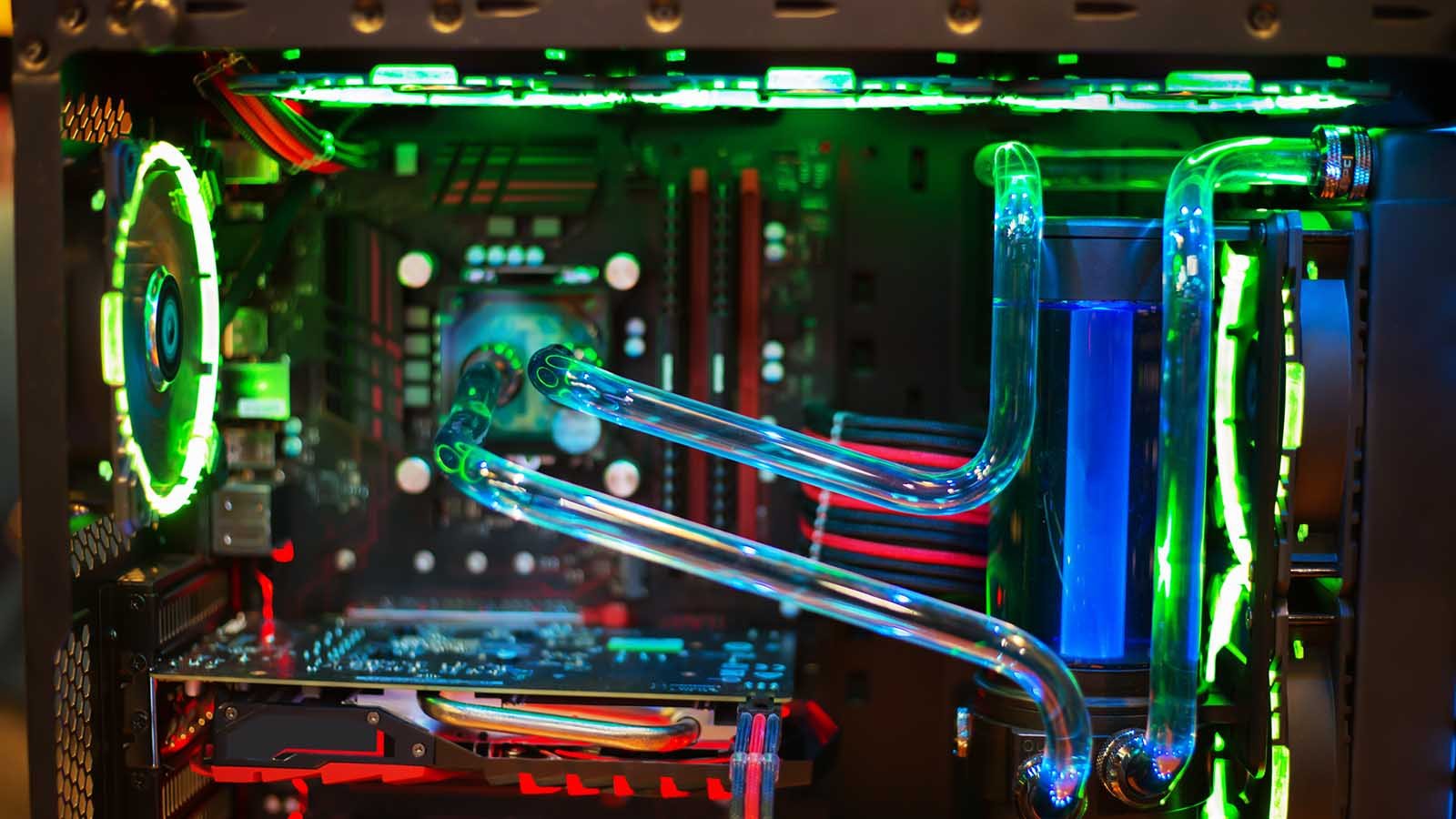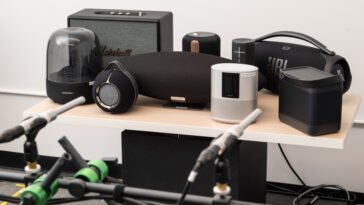Introduction to PC cooling methods
Buy your liquid cooler here.
Understanding the importance of cooling in PC systems
Overview of liquid cooling and air cooling
Overview of liquid cooling and air cooling
As technology advances and the demand for high-performance computing increases, the need for effective cooling solutions in PC systems becomes ever more crucial. Two primary methods for cooling computer components, liquid cooling and air cooling, have emerged as popular choices among enthusiasts and professionals alike. In this article, we will explore the differences between liquid cooling and air cooling, weighing their respective pros and cons to help you determine which option may be better suited for your PC setup.
Introduction to PC cooling methods
When it comes to keeping your PC cool, there are two primary methods: liquid cooling and air cooling. Proper cooling is essential for maintaining optimal performance and longevity of your computer components.
Understanding the importance of cooling in PC systems
Cooling your PC is like giving it a refreshing glass of water on a hot day. Without it, your components can overheat, leading to reduced performance, potential damage, and a shorter lifespan. Good cooling ensures your PC runs smoothly and reliably.
Overview of liquid cooling and air cooling
Liquid cooling involves circulating a coolant through a system of tubes and blocks to dissipate heat, while air cooling uses fans and heatsinks to cool components. Both methods have their own advantages and drawbacks, so let’s dive into the details.
Pros and cons of liquid cooling
Advantages of liquid cooling
Liquid cooling excels at heat dissipation, making it more efficient in cooling high-performance systems. It can also be quieter than air cooling since there are no fans directly attached to the CPU cooler. Plus, liquid cooling can offer a sleek and modern aesthetic to your build.
Disadvantages of liquid cooling
Liquid cooling can be more complex to install and maintain compared to air cooling. There is a risk of leaks, which could damage your components if not properly handled. Additionally, liquid cooling systems tend to be more expensive upfront.
Pros and cons of air cooling
Advantages of air cooling
Air cooling is straightforward to set up and generally more affordable than liquid cooling. It’s also reliable and requires less maintenance over time. Air coolers come in various sizes and designs to suit different PC builds.
Disadvantages of air cooling
While air cooling is effective for most setups, it may struggle to cool high-end CPUs or GPUs under heavy load. Air coolers can also be bulkier and noisier compared to liquid cooling solutions. Additionally, they may not offer the same aesthetic appeal as liquid cooling setups.
Performance comparison between liquid and air cooling
Temperature regulation and efficiency
Liquid cooling typically provides better temperature regulation and higher cooling efficiency, especially under extreme loads. This can result in lower operating temperatures for your components, potentially extending their lifespan.
Noise levels and overall system performance
Air cooling systems can generate more noise due to the operation of fans, while liquid cooling setups are often quieter. Lower noise levels can contribute to a more pleasant user experience, especially for those sensitive to sound. Overall system performance can benefit from lower temperatures and reduced thermal throttling with effective cooling solutions.### Factors to consider when choosing between liquid and air cooling
#### PC usage and workload
– **Air Cooling:** Great for everyday use and moderate workloads. Ideal for most gaming and standard computing tasks.
– **Liquid Cooling:** More effective for heavy workloads, overclocking, and high-performance computing. Offers better temperature control and stability under intense loads.
#### Budget and cost considerations
– **Air Cooling:** Generally more budget-friendly upfront. Decent air coolers can provide sufficient cooling without breaking the bank.
– **Liquid Cooling:** Initial investment can be higher due to the cost of components like the pump, radiator, and coolant. However, long-term benefits may outweigh the upfront expense in certain scenarios.
#### Available space and system compatibility
– **Air Cooling:** Requires sufficient clearance around the CPU socket for the heatsink and fan. Large CPU coolers may not fit in compact cases.
– **Liquid Cooling:** More flexible in terms of installation, especially with compact all-in-one (AIO) solutions. Can be installed in cases with limited space, but check compatibility with your specific case and components.
### Cost comparison of liquid and air cooling systems
When comparing the cost of liquid and air cooling systems, it’s essential to factor in not just the initial purchase price, but also long-term considerations such as energy efficiency, potential maintenance costs, and the impact on overall system performance. While air cooling may be cheaper upfront, the efficiency and performance benefits of liquid cooling can provide significant value over time for users with specific cooling needs.
### Maintenance requirements for liquid and air cooling
#### Cleaning and upkeep for air cooling solutions
– **Air Cooling:** Regular cleaning of fans and heatsinks is essential to maintain performance. Dust accumulation can impact cooling efficiency over time.
– **Liquid Cooling:** Generally requires less frequent cleaning compared to air cooling. However, periodic checks for leaks, pump functionality, and coolant levels are necessary to ensure optimal performance and system longevity.
#### Fluid checks and system maintenance for liquid cooling
– **Liquid Cooling:** Regular inspection of coolant levels, pump operation, and potential leaks is crucial for the proper functioning of a liquid cooling setup. Flushing and refilling the system may be required at intervals to prevent clogs or corrosion.
### Conclusion: Making the best choice for your PC cooling needs
In the eternal battle between liquid cooling and air cooling, there is no one-size-fits-all answer. The choice between the two ultimately depends on your specific requirements, budget constraints, and technical comfort level. For most users, air cooling provides a cost-effective and reliable solution for everyday computing tasks. However, if you’re a power user, overclocking enthusiast, or simply craving the efficiency and aesthetics of liquid cooling, it may be worth the investment for the performance gains and cooling capabilities it offers. Remember to weigh the pros and cons carefully before making a decision, and don’t hesitate to seek advice from fellow PC enthusiasts or professionals if you’re unsure.
Conclusion: Making the best choice for your PC cooling needs
When deciding between liquid cooling and air cooling for your PC, it ultimately comes down to your specific requirements, preferences, and budget. Both methods have their advantages and drawbacks, so it’s essential to consider factors such as performance, maintenance, cost, and compatibility before making a decision. By understanding the differences outlined in this article, you can make an informed choice that best suits your PC cooling needs. Whether you opt for the efficiency of liquid cooling or the simplicity of air cooling, ensuring proper cooling is essential for maintaining the longevity and optimal performance of your computer system.
FAQ
1. Is liquid cooling better than air cooling for all PC setups?
2. Are liquid cooling systems more difficult to install and maintain compared to air cooling solutions?
3. How much more expensive is liquid cooling compared to air cooling, and is the investment worth it?
4. Can liquid cooling systems leak and damage PC components, and how can this risk be mitigated?





 No products in the cart.
No products in the cart.